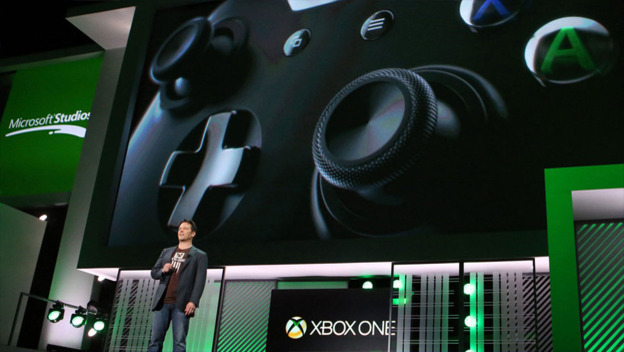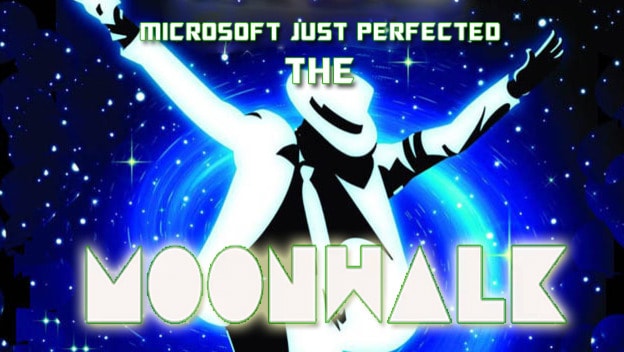After enduring Sony’s E3 assault and the countless punches that gaming journalists have thrown at it, the Xbox One has finally made a much-needed stand. A new statement from Don Mattrick, president of interactive entertainment business at Microsoft, explains the system’s complete and utter turnaround on the DRM and restriction policies that were so ardently pushed at E3 2013. The details of the announcement are as follows:
- An internet connection will not be required to play offline Xbox One games–After a one-time system set-up with a new Xbox One, you can play any disc-based game without ever connecting online again. There is no 24-hour connection requirement and you can take your Xbox One anywhere you want and play your games, just like on Xbox 360.
- Trade-in, lend, resell, gift, and rent disc-based games just like you do today–There will be no limitations to using and sharing games, it will work just as it does today on Xbox 360.
The announcement goes on to explain that “In addition to buying a disc from a retailer, you can also download games from Xbox Live on day of release. If you choose to download your games, you will be able to play them offline just like you do today.”
This is, of course, fantastic news for the gaming population. Until now, the Xbox One appeared to be nothing more than a charitably named media device which would offer little in the way of a true gaming experience—and what gaming experience it did have would only have been bogged down by incessant restrictions and constricting policies. Therefore, seeing Microsoft invert their policies so dramatically is nothing but a blessing to Xbox fans everywhere; the system can now be treated as it should be: a next-gen console.
However, the true implications of this announcement cannot be discerned solely from the everyman gamer’s sigh of relief. Microsoft has only just now truly detailed their stance on DRM, online restrictions, and trade policies, and Mattrick’s reveal has left their marketing strategy a naked jackal among a horde of wolves. This announcement is, by a wide margin, the most obvious PR charade in the history of the games industry and the most drastic company turnaround in recent memory. Simultaneously, it will likely be extremely effective and has rebranded the Xbox One as a true next-gen contender.
The thinking behind this is brutally simple: Microsoft generated enormous, albeit unanimously negative, attention around the Xbox One with the consistent reveal of policies and rules that represent the antithesis to consumer rights and modern gaming. At that point, Sony capitalized on the Xbox One’s vulnerability by presenting their own high points—which defied and mocked Microsoft’s entirely—at their E3 press conference. This presentation won the majority of gamers to the PS4 side of affairs and secured a solid lead for Sony in the next-gen arms race. Obviously, today’s reversal of an announcement then comes into play, letting Microsoft dismiss the negative connotations accumulated in the preceding weeks, cast off their cynical masquerade, and prance into a field of non-draconian daisies holding hands with every now-rejoicing gamer—all under the carefully worded veil of, “We have listened and we have heard loud and clear from your feedback that you want the best of both worlds.”
And I find that absolutely adorable.
Unfortunately, reality isn’t so attractive—but it is just as entertaining. What this boils down to is a sexier version of a bold-faced lie. By intentionally driving the perceived quality of the Xbox One so low, and steering public opinion so one-sidedly, Microsoft effectively created their own damsel in distress, and they’ve now decided to come trotting up as the knight in shining armor. Impressively, Microsoft successfully engineered their own shock value by selling disparity; they were able to effectively disparage the Xbox One in its entirety with the intent of revitalizing consumer interest after the events of E3 2013 unfolded.
Is there necessarily anything wrong with this? Absolutely; Microsoft has proudly demonstrated that they have no problem with inverting policy entirely. Luckily, in this case, it’s beneficial; the change was instated to appease the Xbox fanbase. However, the principle of abrupt policy inversion is a dangerous brand to bear, and it will surely follow Microsoft for months to come in the form of one simple question: What else are they already planning on changing?

Is Microsoft the only company who’s ever employed this PR strategy? Absolutely not; a vast portion of the games industry has reddened their hands with this exact sort of practice, although to lesser extremes. And the reason that developers, publishers, and manufacturers have done so is because it’s wildly effective. Why are titles repeatedly pushed back only to resurface months in advance? Why did Sony make but a stark few titles public only to announce that 140+ titles are currently in development for the PS4 at E3? Why was Nintendo previously so stingy with the Wii U’s coming first-party lineup only to dazzle fans with their Nintendo Direct E3 2013 livestream?
At the end of the day, even the most jaded of critics are without irrefutable evidence that Microsoft didn’t simply listen to the cries of Xbox fans when deliberating over their next-gen policies. No matter how strikingly deliberate and backroom the announcement may sound, despite the overwhelming amount of evidence which indicates that this announcement was planned months beforehand (most notably, the fact that changes to the Xbox One network such as these are physically impossible to enact in a week), as it stands, Microsoft is the good guy; they remain “committed to listening, taking feedback and delivering a great product for you later this year.”
That’s cute.
